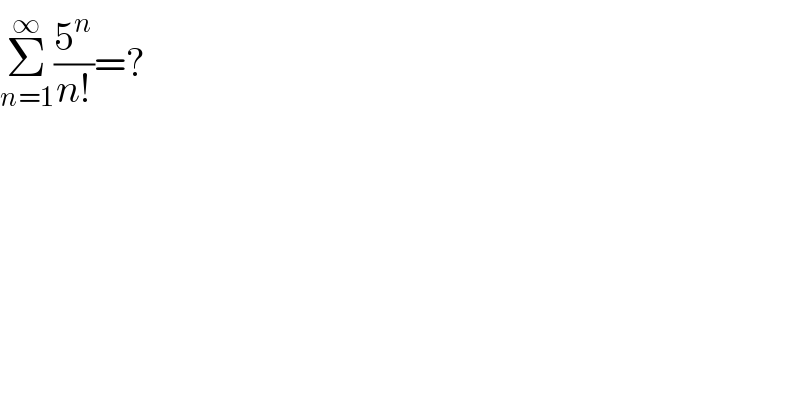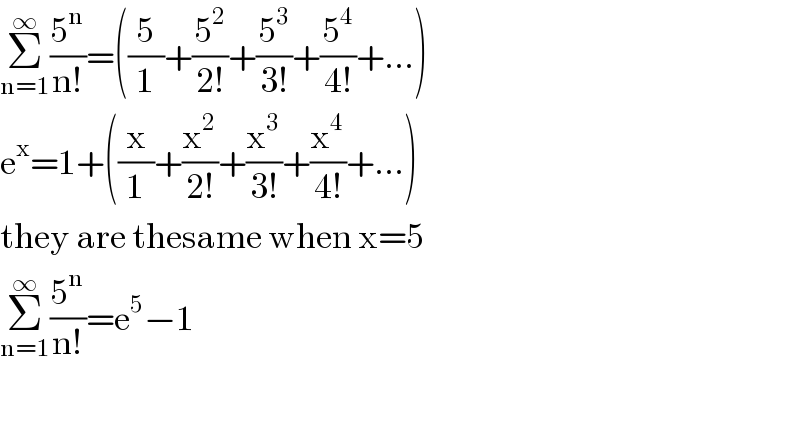
Question and Answers Forum
Question Number 116056 by Study last updated on 30/Sep/20

Answered by Dwaipayan Shikari last updated on 30/Sep/20

Answered by MWSuSon last updated on 30/Sep/20

| ||
Question and Answers Forum | ||
Question Number 116056 by Study last updated on 30/Sep/20 | ||
 | ||
Answered by Dwaipayan Shikari last updated on 30/Sep/20 | ||
 | ||
| ||
Answered by MWSuSon last updated on 30/Sep/20 | ||
 | ||
| ||